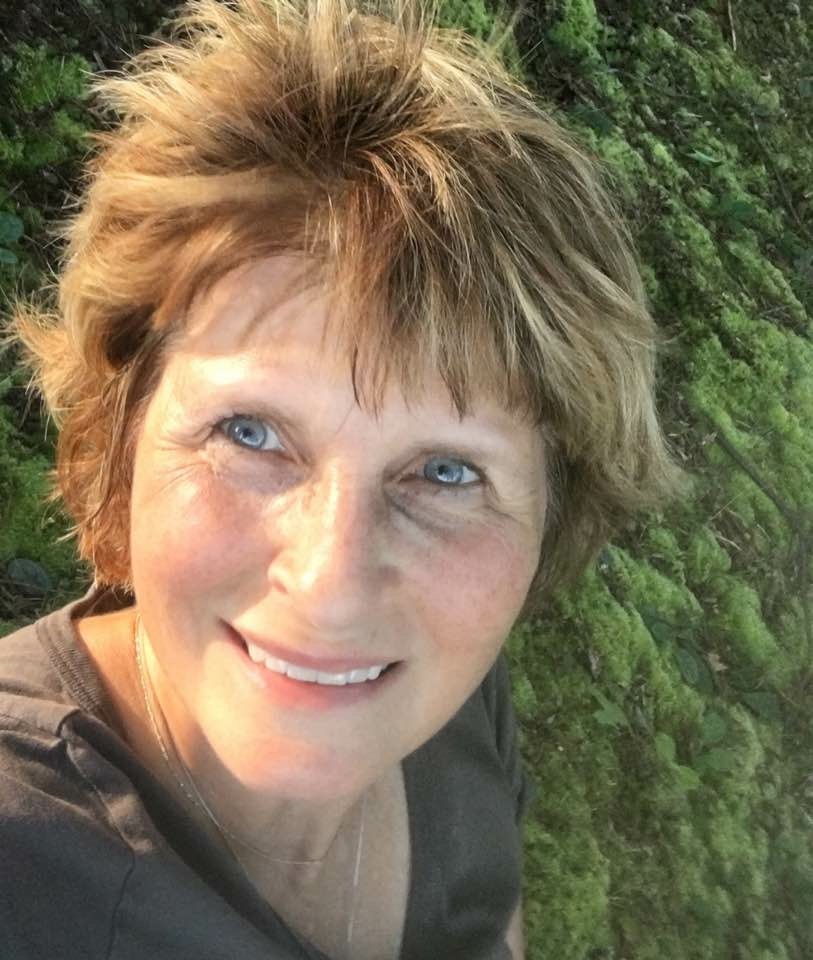
A cancer diagnosis can be difficult to grasp, but many caregivers and survivors find hope and strength through others who have walked a similar path. Lorraine Kerz, a past National Advocacy Summit attendee graciously agreed to be interviewed by us.
We selected Lorraine because she is part of Merck’s “With Love, Me” campaign where she shares a heartfelt letter about her experience as the caregiver for her son, Silas. After losing Silas to lung cancer at the age of 29, she committed to honoring her son’s memory through lung cancer advocacy.
1. Tell us a bit about yourself and your personal connection with lung cancer. Why does lung cancer advocacy matter to you?
My son Silas (Sy) was four days shy of his 29th birthday when he went to the ER because he was in too much pain to get out of bed on his own. He thought that he had pinched a nerve in his neck but was diagnosed with stage four lung cancer that had metastasized to his bones. Silas went through chemotherapy, radiation, and two surgeries in the eight months after his diagnosis before he passed on. It was devastating to watch my son face his own mortality at such a young age, and yet he never once asked “why me?” He lived those months to the absolute fullest and handled his illness with a lot of determination, humor, and gratitude towards those around him.
Watching Silas decline and then losing him has been the hardest thing I have ever gone through; he was so young and excited about life. When Silas was sick, we came to realize that lung cancer is highly stigmatized and began talking about working toward ending the stigma. I made a promise to him that I would do whatever I could to be a part of creating change. I had hoped that somehow we would get a miracle and Sy’s voice would be in the forefront of lung cancer advocacy. After he passed, I knew that as part of honoring my son’s memory, I would do whatever I could to educate others and advocate for change in the world of lung cancer.
2. How do you feel that sharing your story has made an impact? Does one person have the power to make a difference?
I think that Sy’s story is powerful. He was young, charismatic, and driven, with his entire adult life ahead of him until lung cancer struck. He was what I would call a warrior—battling his cancer with tenacity, humor, and a fierce passion for life. He had a way of being able to feel the terror of bad news and yet find something delightful to focus on a day later, and the persistence to carry forward even during the darkest of times. His life affected those around him; not only his family and friends, but also the medical team (doctors, nurses, his social worker, and orthopedic surgeon) that cared for him.
It is my responsibility to tell his story now that he is no longer here to tell it himself, and I do believe that it makes a difference. Change takes time, and with lung cancer it can’t be fast enough, but I see the positive changes that have taken place over the past eleven years with research providing new treatments and new information on lung cancer, as well as low-dose CT scans now being used for early detection—giving people with lung cancer a better chance for survival. It’s long overdue and there is certainly much more to be done. “It takes a village,” as the saying goes, and it is an honor to be part of that “village” for change.
3. How has your involvement in lung cancer advocacy led to meaningful connections with others in the community?
I have met so many wonderful people within the lung cancer community. We have laughed and cried and worried together; celebrated good news and mourned the setbacks and losses. We are a group of people who have had our lives changed forever through something we had no control over. There is an understanding within that group that is unique to those of us who are living with this reality.
I met my partner Ken through the tragedy of lung cancer loss. Ken lost his wife Sheila to lung cancer and we met at a Lung Cancer Alliance summit. We bring a unique understanding into our relationship that would be difficult for most others who have not lived with this type of loss to get. We also bring a lot of joy and lightness into each other’s lives as we both understand how precious life is and how it can change in a moment’s time.
4. If you could give one piece of advice to someone who wants to get involved as a lung cancer advocate, what would it be?
Recognize that whatever you have to offer, it is worth getting involved. There is support out there and many different ways to become involved in advocacy. I didn’t want to see other parents have to watch their child take their last breath because progress had not been made. It gave me the courage to take that first step and to keep going with it over the past eleven years since losing Silas.
Use your voice to make a difference in the lung cancer community. Share your story at the National Advocacy Summit in Washington, DC, July 21-23. Register today!

Leave A Comment